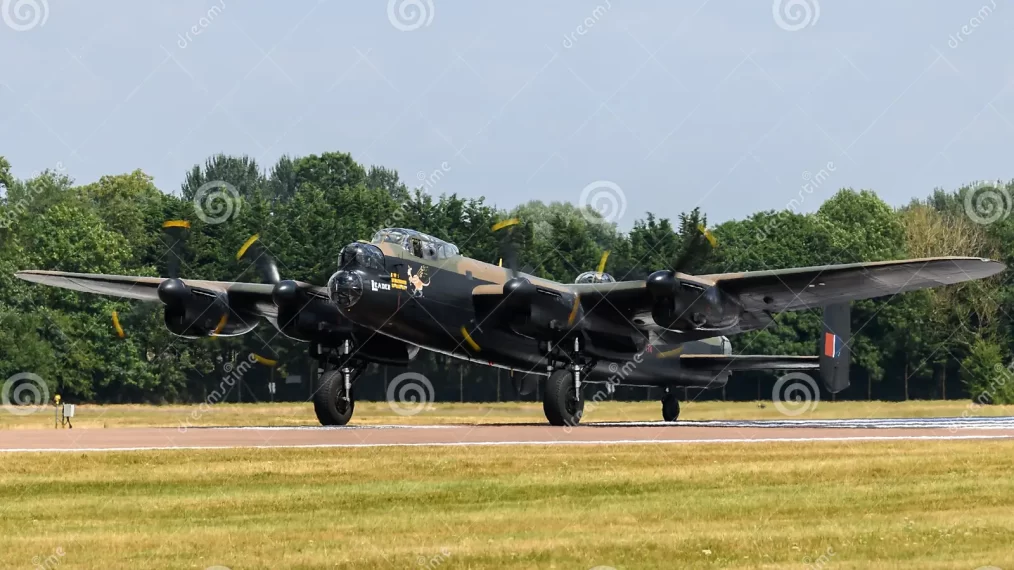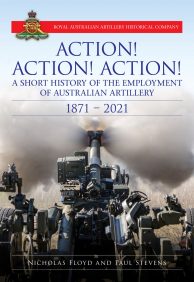
The Battle of Berlin – November 1943
The Battle of Berlin, a crucial chapter in the air war over Europe during World War II, marked the culmination of the Royal Air Force’s Bomber Command’s strategic bombing campaign against Nazi Germany. This intensive campaign aimed to weaken German industry, disrupt transportation, and lower civilian morale. Australians played a significant role in this conflict, with their pilots contributing to the arduous and perilous missions conducted by Bomber Command.
The Battle of the Ruhr and the Battle of Hamburg had set the stage for the RAF’s strategic bombing campaign. The Ruhr Valley, Germany’s industrial powerhouse, and Hamburg, a key port city, were strategic targets due to their economic and military significance. The focus then shifted to the German capital, Berlin, during the Battle of Berlin, which lasted from November 1943 to March 1944.
The Battle of Berlin was distinct for its duration and intensity, involving 16 massed bombing attacks on the German capital. Bomber Command’s objective was to cripple Berlin’s infrastructure, industrial capabilities, and erode the morale of the German population. The campaign, however, proved to be incredibly challenging and costly for the Allies.
The involvement of Australian pilots in the Battle of Berlin was substantial. These aviators, part of the larger British Commonwealth, flew alongside their British counterparts in the iconic Lancaster, Halifax, and other heavy bombers. The harsh conditions and constant threat of enemy fighters and anti-aircraft fire made these missions perilous. Many Australian pilots displayed exemplary courage and skill, contributing significantly to the overall effort.
Despite the strategic importance of the Battle of Berlin, it exacted a heavy toll on the RAF. Arthur “Bomber” Harris, the head of Bomber Command, initially predicted the loss of 400 to 500 aircraft. However, the actual losses surpassed these estimates. Over 1,000 aircraft and 7,000 aircrew members were lost during the Battle of Berlin, highlighting the formidable challenges faced by bomber aircrews.
Australian pilots were not exempt from the perils of the Battle of Berlin. Several of them were shot down over enemy territory, facing the grim realities of captivity or loss of life. Their sacrifice and bravery, however, were integral to the broader Allied strategy to weaken the German war machine.
Arthur Harris, despite the high losses, remained steadfast in his belief that the Battle of Berlin would be a decisive blow against Germany. The heavy toll on German industry and morale, he argued, would ultimately contribute to the Allied victory. The Battle of Berlin, along with the entire strategic bombing campaign, played a role in disrupting German war production and diverting resources from other fronts.
Throughout the entirety of World War II, bomber aircrews, including Australians, bore a disproportionate share of casualties and received more decorations per capita than any other element of the Allied military forces. Their dedication and sacrifice underscored the challenges and importance of strategic bombing in the overall Allied war effort. The Battle of Berlin stands as a testament to the courage of these aircrews and their significant contribution to the eventual defeat of Nazi Germany.




